Greet: Steve and Mocha
How sport and Mocha the dog help veteran Steve Slack with his PTSD
The Canberra Times, 4th November 2022
Steve Slack who suffers from PTSD and injuries with his assistance dog Mocha at Tuggeranong archery club. Picture by James Croucher
When Steve Slack's 23 years of military service in the toughest spheres of war becomes too much for him, Mocha steps in. In fact, he puts his paw on the veteran's foot.
The black labrador is trained to spot signs of stress which can debilitate the former warrior - and when she detects his alarm bells, she attempts to console and calm her master. She might put her chin on the former serviceman's knee. "She will lay across my legs to give me security, " he said. Mocha has been trained in an amazing program to spot signs of human stress - like when Steve Slack starts twitching, or rubbing the palms of his hands frantically together, or breathing faster, or starting to sweat.
The dog can even detect a change in human odour which might indicate impending panic. If he, his human companion, is going into a bad downturn. The dog then "interrupts" it: "She makes me focus on her and not on my problem by putting her paw on my foot." If things get really bad for Mr Slack, and he starts having a full blown panic attack, the "PTSD assistance dog" intervenes by jumping up and down: "She's warning that I'm not right and that we need to get out of that situation." Mr Slack was medically discharged from the navy in 2019 after 23 years service - he joined two weeks after his 17 birthday. In those two decades and three years, he served in the waters off the Middle East and Christmas Island. He has Post-traumatic Stress Disorder from incidents which he won't recount but the physical scars testify to a violent time: his shoulder has been reconstructed; his knee and his back have been broken. And his mind has been shattered. Mocha helps him put it back together.
She is the product of an amazing system. Under the Defence Community Dogs program, the labrador was given to an inmate of Bathurst jail who trained her for a year. The prisoner was low security so he was allowed to leave the prison and take Mocha to all the potentially frightening environments for a sufferer from PTSD, places like crowded supermarkets and busy streets. The result of the training is that Mocha responds to a "block" command, for example. When she is told to block, she simply stands between Mr Slack and people around him, sometimes at his back if he is in a queue and sometimes in front of him. Above all, Mocha is a companion. "She is wonderful. I can talk to her and tell her all my darkest nightmares, and she still loves me. She's always there."

